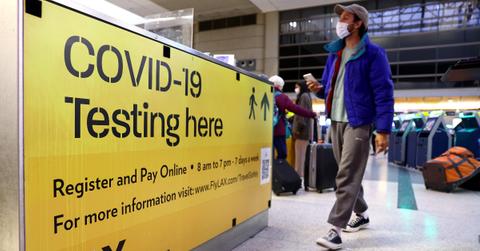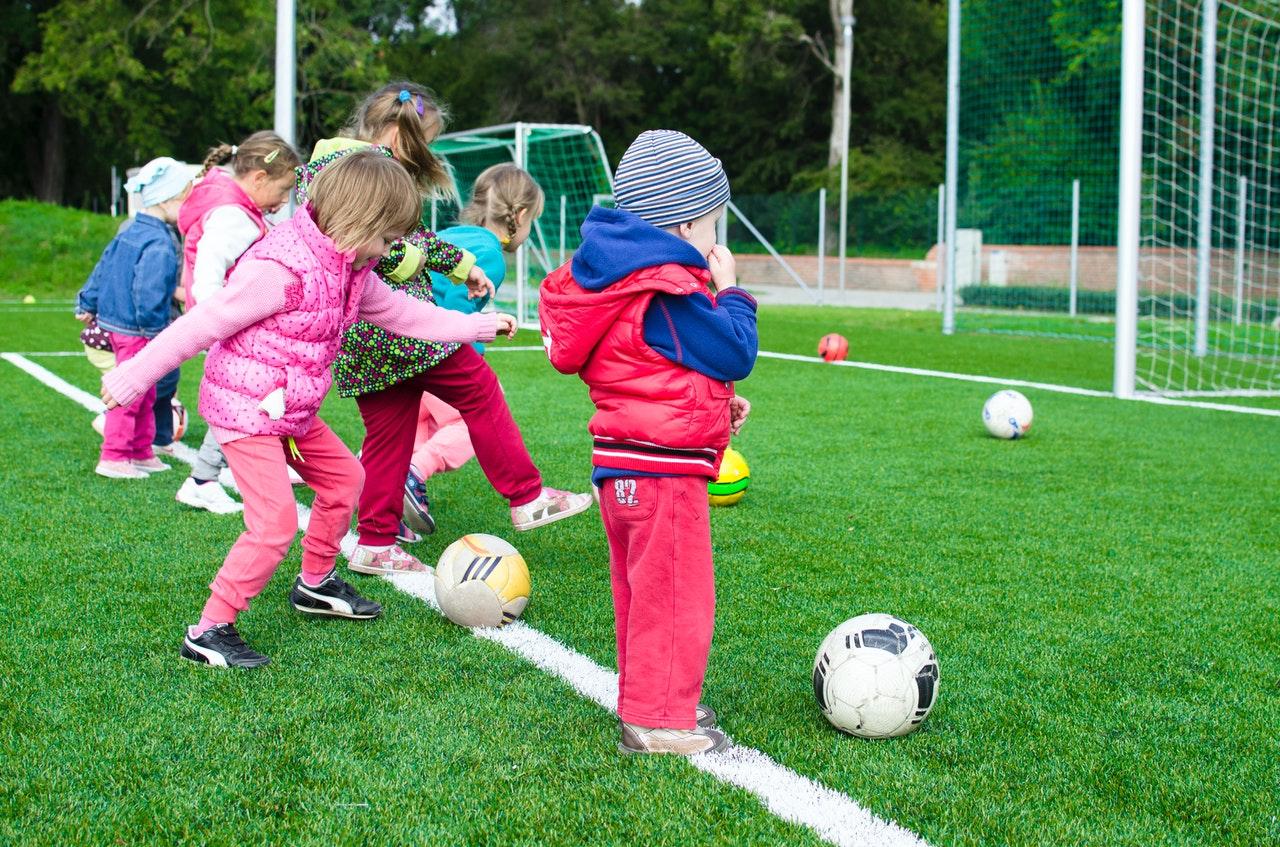Omicron Outdoor Transmission: Here’s What the Experts Say
There are concerns about whether the omicron variant of the COVID-19 virus is more transmissible outdoors. Here’s what different experts say.
Dec. 27 2021, Published 11:40 a.m. ET
It has been over two years since the first cases of COVID-19 were reported from Wuhan, China. The medical community got its act together and vaccines have been effective. However, it's back to the drawing board after the emergence of the omicron variant of the COVID-19 virus. The vaccines’ efficacy has been rather low amid the emergence of the omicron variant unless people get a booster dose. There are also concerns about whether the omicron variant is more transmissible outdoors.
The omicron variant was first detected in South Africa and has since spread rapidly, especially in the U.S. and Europe. The daily new cases in the U.S. have spiked over the last week.
What do we know about the omicron variant?
Most studies have shown that while the omicron variant is far more contagious than the delta variant, it's much less lethal. The instances of hospitalization as well as fatalities are much lower than what we saw with the previous variants. The research from South Africa as well as other countries where the omicron variant has spread have supported these findings.
However, what’s worrisome is that the virus has been able to escape the immunity generated by two doses of the vaccines. Research has shown that the Johnson & Johnson single-shot vaccine has almost no efficacy while those from Moderna and Pfizer, which are the two most popular doses in the U.S., offer good results with a booster dose.
While several countries including India, which is the largest vaccine manufacturer in the world, have announced booster doses for vulnerable populations, Israel has announced a fourth booster dose.
There isn't any research to suggest that the omicron variant is more transmissible outdoors.
The COVID-19 response by most governments has been to limit indoor activities like cinemas, gyms, and restaurants because the previous variants were more transmissible in crowded indoor locations.
Omicron doesn't look any different despite speculations about it being more transmissible in outdoor locations. The CDC advises wearing a mask in public indoor locations in areas that have high community transmission.
Commenting on how the omicron variant might impact children, Peter Chin-Hong MD, UCSF professor in the Division of Medicine, and an expert in infectious diseases said, “We don’t think outdoors will be that risky.” However, he advised COVID-19-appropriate behavior for indoor settings.
Dr. Paul Sax, another infectious disease expert, also has similar views. Sax said that he hasn’t dined in an indoor restaurant since the spring of 2020 but he's open to an outdoor restaurant.
“Airborne viruses get distributed, diluted by ventilation so efficiently outside. I’ve eaten outside in many restaurants. It’s just very hard to do in Boston in the wintertime,” said Sax.
Vaccines and COVID-19 appropriate behavior are important.
All said, we still have two potent weapons against the coronavirus. One, of course, is the vaccines that have shown to be effective against both prevention of infection as well as the severity if a vaccinated person catches the virus.
The second weapon is the COVID-19 appropriate behavior, which means wearing masks and social distancing. However, vaccine hesitancy and the refusal to follow the social distancing and mask mandates in some parts of the country have hindered the progress throughout the COVID-19 pandemic.



